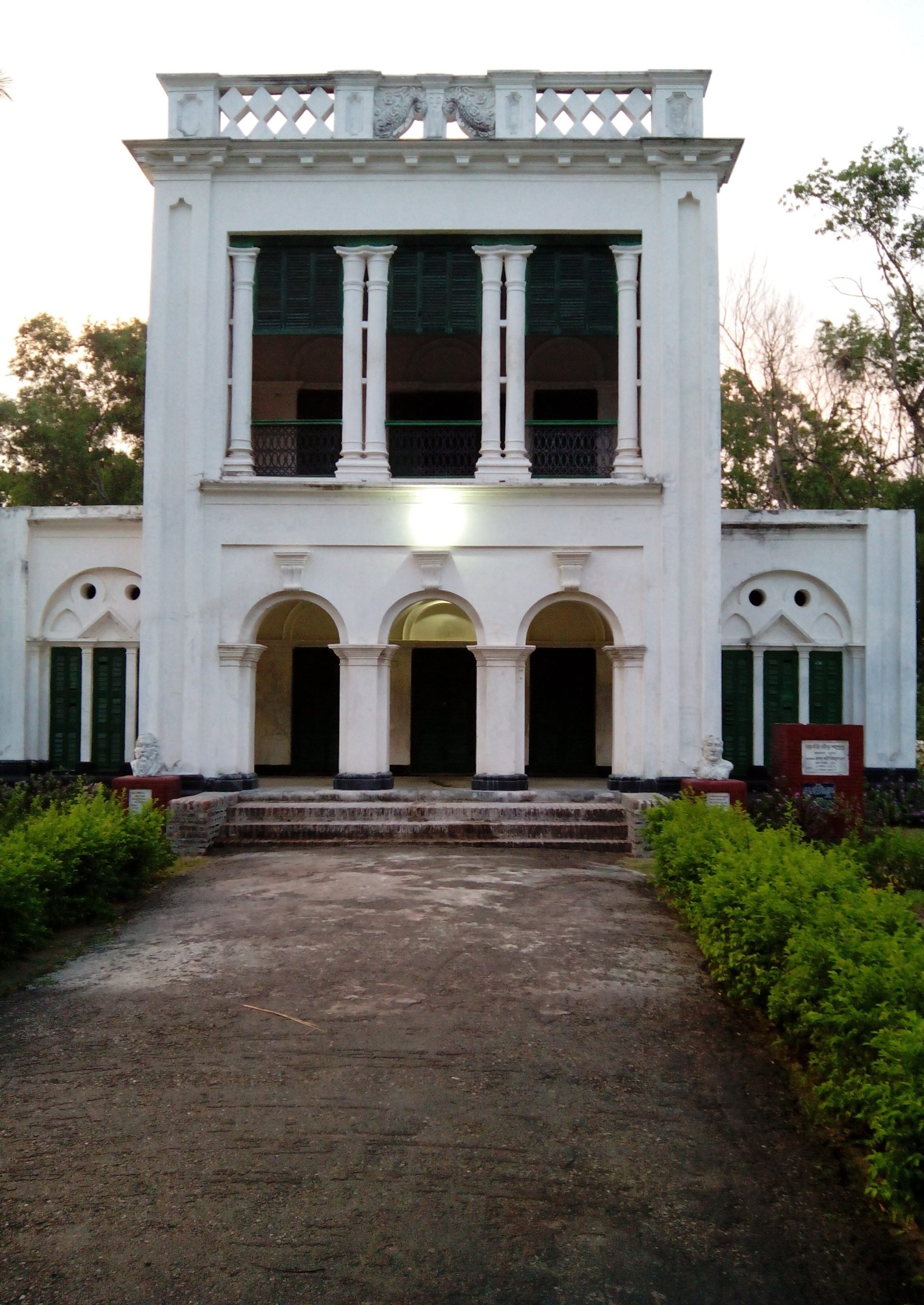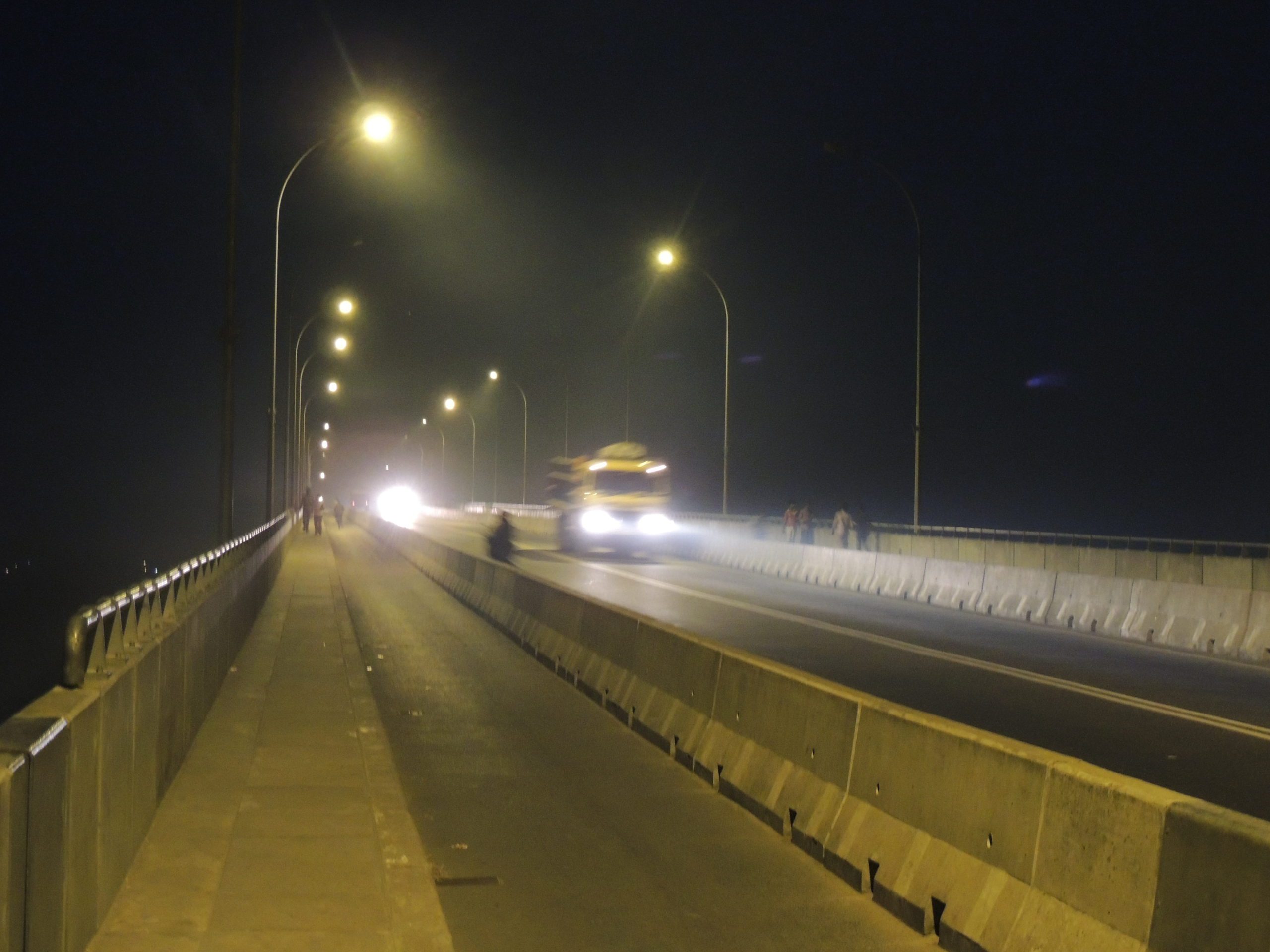Khulna, the capital city of the Khulna Division, is the 3rd largest city in Bangladesh, with almost 2.5 million residents. The city is between two rivers, Rupsha and Bhoirob, and is known for its seafood industry. Also, it is home to two UNESCO world heritage sites: Sundarbans Reserved Forest and the Mosque City of Bagerhat (historically known as Khalifatabad) in the Bagerhat district. The Mosque City has 360 mosques. Of them, the most prominent one is the iconic Shatgumbad/Shatgombuj/Sixty Domed Mosque founded by the Muslim saint Khan Jahan Ali in the 15th century. It is the largest mosque in Bangladesh from the Bengal Sultanate period (1352-1576) and is described as one of the most magnificent Muslim monuments in South Asia. The Greater Khulna region is well known for its many ancient mosques and temples. Many of them were destroyed and the remains of some mosques and temples and some in functional condition are still found in various places in the Khulna, Bagerhat, and Satkhira districts.
Some other notable places to see in the Khulna region are the Khulna Divisional Museum in Khulna city, Rabindra Complex in Dakkhindihi, Khan Jahan Ali Bridge, Tomb of Khan Jahan Ali in Bagerhat, Bharata Bhayana archeological site in Jashore, the first church in Bangladesh (construction ended in 1599) and Jeshoreshwari Kali Temple in Ishwaripur village, Shyamnagar Upazila (sub-district), and Tetulia Jame Mosque (1858-59) in Tetulia village, Tala Upazila of Satkhira district.
Khulna offers many options for visitors, such as transportation, shops, restaurants, and local stays. Because of its proximity, the city is the general hub for traveling to Sundarbans mangrove forest. Port of Mongla, located in the south of the town, is the country’s second-largest port and provides transportation to the Sundarbans.
The Bangladesh Ecotourism and Conservation Alliance (BECA) is currently working in Khulna to integrate the region and its tour products and offerings into Greater Sundarbans Destination Management Organization. We are actively building alliances with tour operators, accommodation providers, guides, civil society, and other industry stakeholders in this region. Here BECA is working closely with Khulna University to develop a network for Sundarbans researchers to better facilitate the research activities to increase the knowledge base, identify the gaps, develop a databank to be used for local and international researchers, and finally translate the research findings for policy and local community use. BECA is also working with women entrepreneurs in the tourism industry of this region and created a Khulna chapter of the Women in Tourism Bangladesh Network. BECA wants to use local expertise and support to upgrade Sundarbans to an international-level tourism destination and catalyze inclusive growth of this region benefiting both community and conservation.



